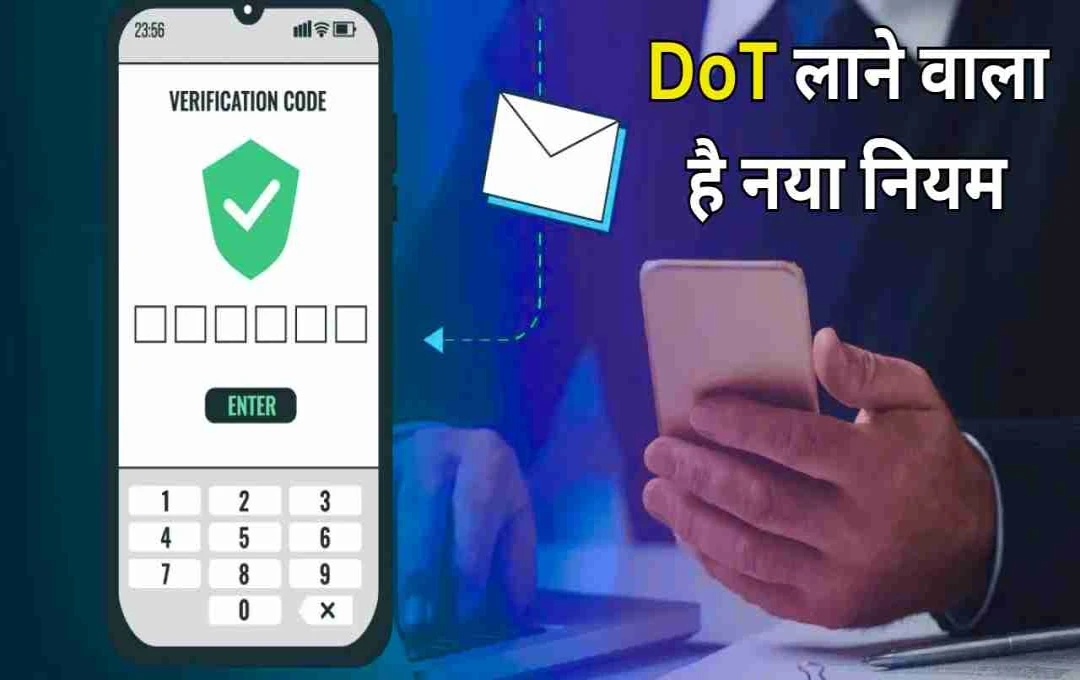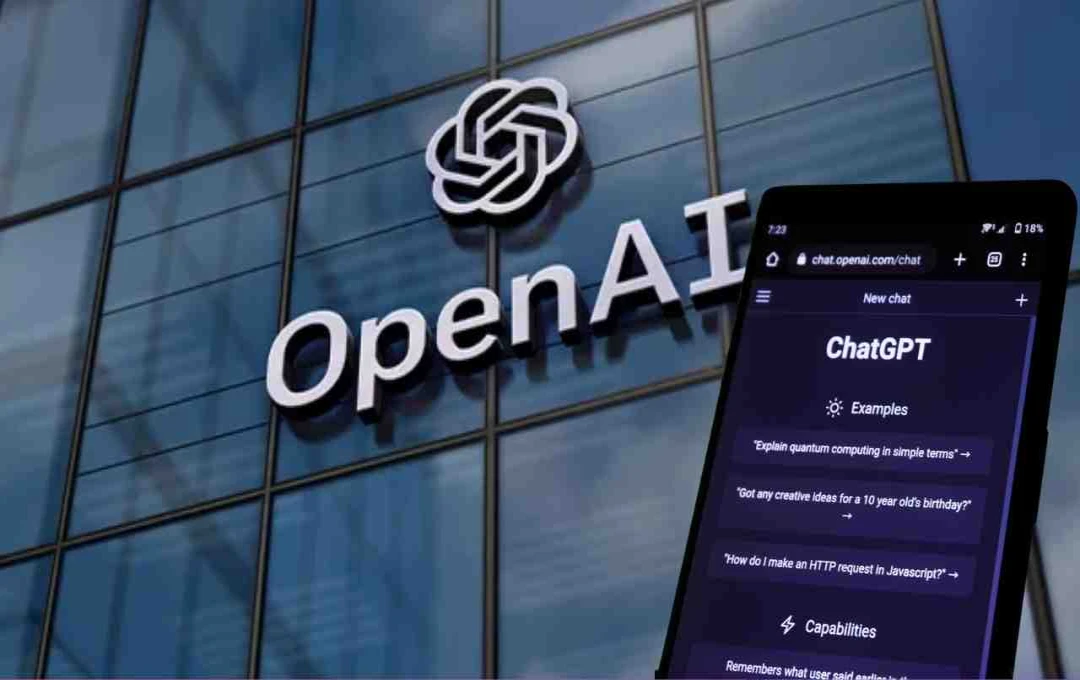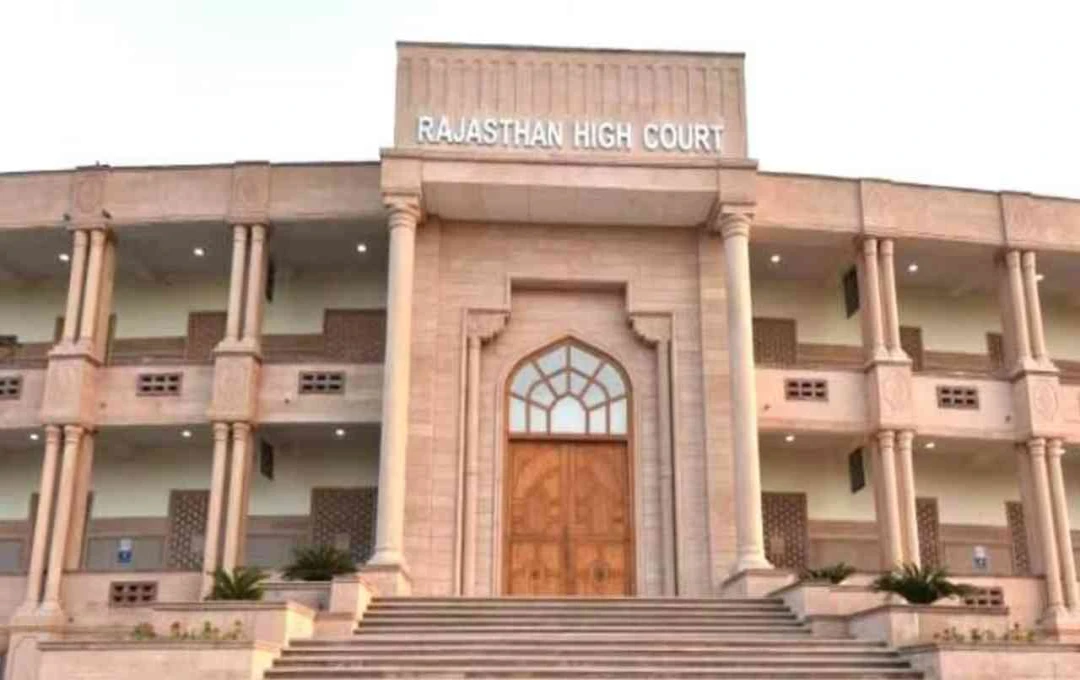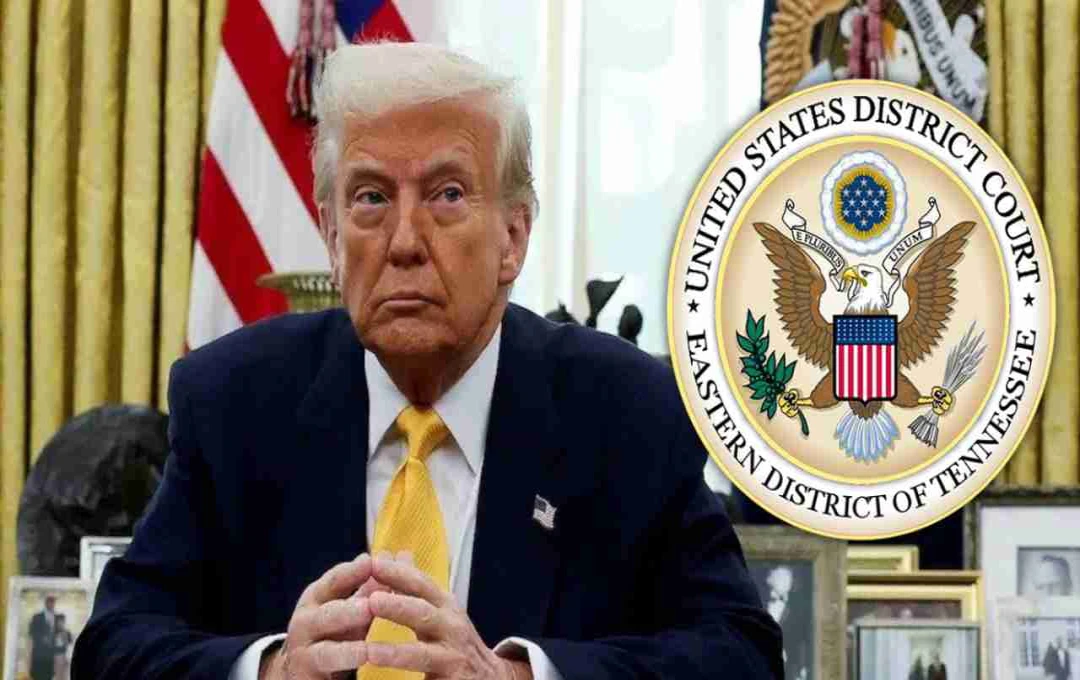Mobile verification for various digital services, including UPI, may soon incur a fee. The Department of Telecommunications (DoT) is preparing to introduce a new rule aimed at curbing fraudulent activities.
Technology: To bolster the security of rapidly growing online transactions and digital payments in the country, the Department of Telecommunications (DoT) is set to take a significant step. Under this, a proposal has been prepared to levy a fee for mobile number verification. This means that in the future, whenever someone verifies their mobile number for UPI, banking, or any other digital service, they may have to pay a charge.
What is DoT's new proposal?
According to sources, the Department of Telecommunications has drafted a proposal on June 24, 2025, to conduct mobile number verification through a more transparent and secure platform. This draft stipulates that all companies or entities conducting mobile number verification will have to pay a fee. Since most companies pass on this fee to users, it could impact consumers financially.
Under the new rule, a MNV (Mobile Number Verification) platform will be established to ensure who is currently using a mobile number and whether the number is legitimately active. This will help prevent fake SIM cards, fraudulent calls, and digital fraud incidents.
What will be the charge?
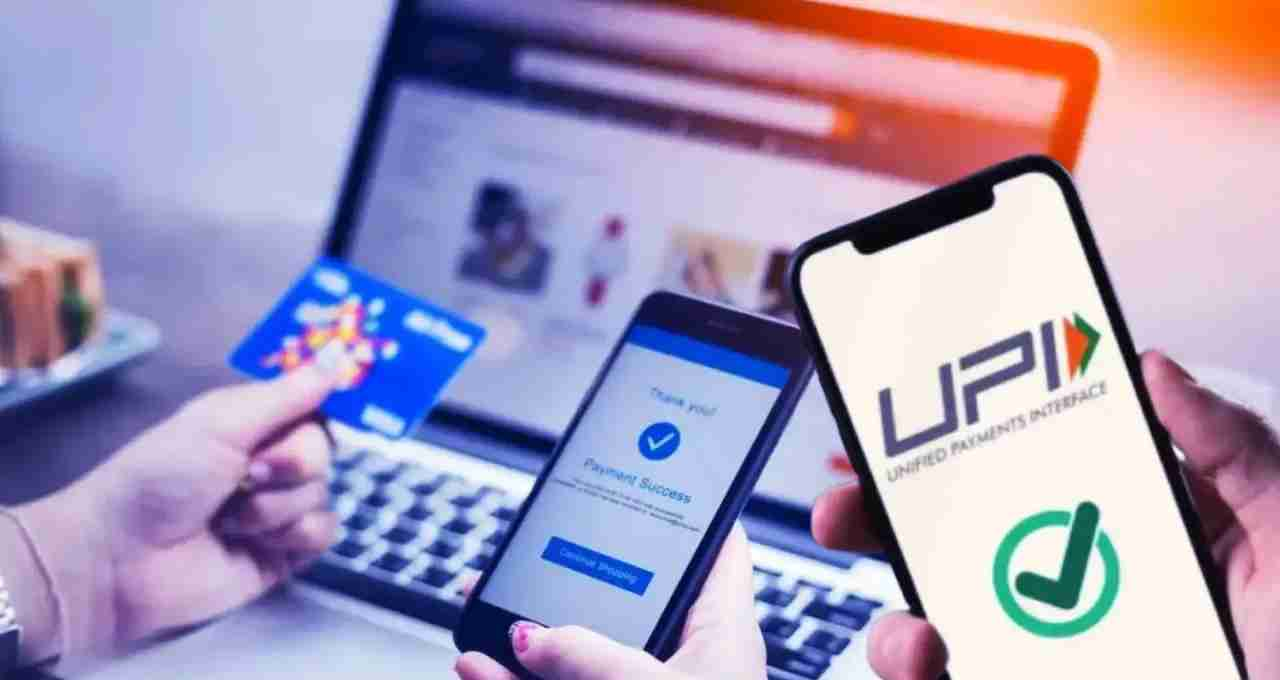
According to the draft rules, if a mobile verification request is sent by an entity authorized by the central or state government, a fee of ₹1.5 per mobile number verification will be charged. If private companies make the request, they will have to pay a charge of ₹3 per mobile number verification. For example, if a UPI app or bank verifies your mobile number, it may charge you this fee.
Which services will be affected?
After the implementation of this proposal, this fee will be applicable during mobile number verification for services like UPI, net banking, credit cards, digital wallets, and e-KYC (e-KYC). This will directly affect millions of customers who conduct digital transactions. The DoT's new proposal aims to strengthen cyber security. The department stated that people often activate the same SIM multiple times under different names to commit fraud. This new rule will make it easier to curb such activities.
How will the new platform work?
The MNV platform will verify the current status, ownership, and the identity of the user utilizing the mobile number. All authorized KYC entities will be connected to this platform. If there is suspicion of fraud on any number, it will be flagged immediately and blocked for 90 days. Furthermore, the history of that number will be automatically deleted after 90 days to avoid any inconvenience when the number is allotted to a new user.
Banks have begun preparations
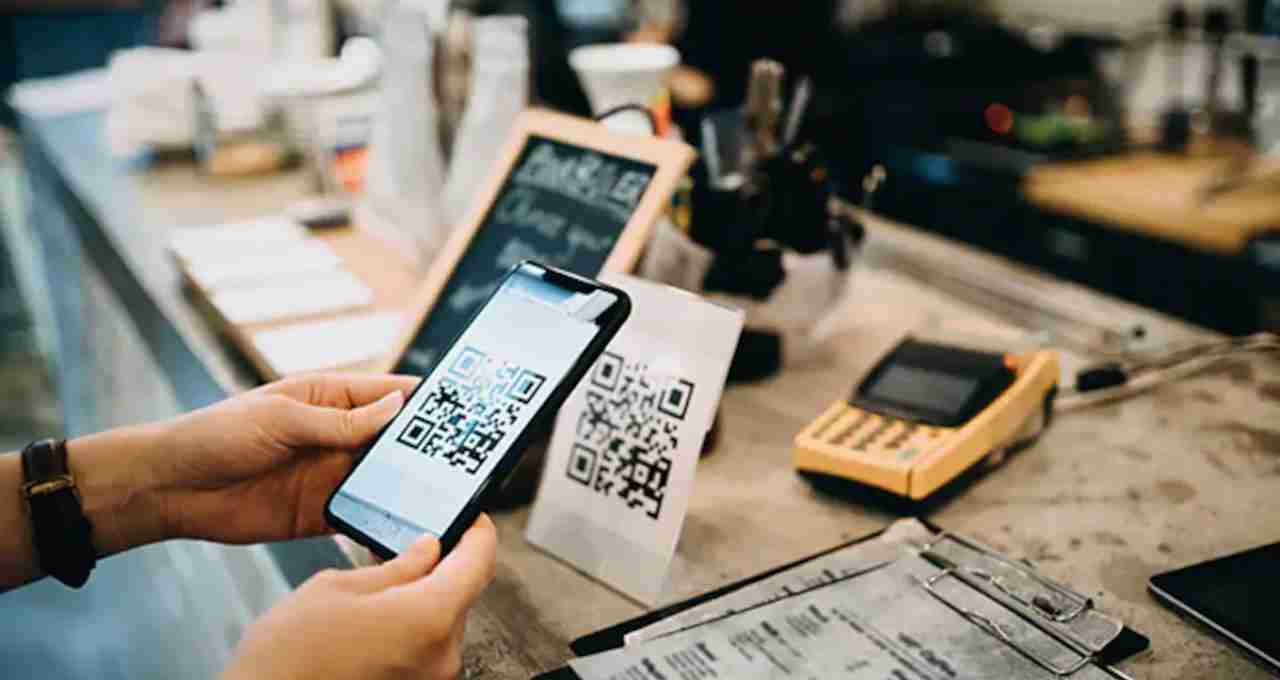
According to information received, many banks are already testing this new system as a pilot project. They are in the process of identifying mobile numbers from which there is a higher probability of fraudulent activities. The Department of Telecommunications has sought suggestions and objections from stakeholders and the general public within 30 days on this draft. After that, a final decision will be made, and the rules will be formally notified.
What will be the benefits?
This rule is expected to reduce mobile-based fraud, fake UPI transactions, and incidents of fraud. However, it may also lead to additional expenses for the average user for each verification, which could cause some discontent. For now, everyone will be watching how the government implements this proposal after considering the suggestions and objections.
